language (Page 3)
“Wasei Eigo”, or “English words created in Japan”, can leave native English speakers baffled — but what about Korean speakers?
Always be mindful of what you write or let others write for you. You never know when it will be scrutinized by thousands upon thousands of Japanese people.
Nationwide, Japan Starbucks locations appear to be telling foreign customers to learn Japanese or risk anaphylactic shock.
You can learn all the words and practice all the kanji, but there’s one little Japanese language quirk that will almost certainly trip you up when you first encounter it.
A research group from the Kyushu Institute of Technology have announced that they have successfully read certain words and letters from people’s minds without them saying anything.
To coincide with Japan’s annual “Kanji of the Year” event, which reveals the mood of 2015 with a Chinese character, popular online dictionary site Weblio asked its Japanese users to nominate an “English vocabulary word of the Year”. The top ten results provide a unique insight into the hot topics of interest in Japan in 2015.
Chiong. Heng. Gostun. Don’t know these words? Then pay attention to these videos and learn some Singaporean English.
Love Japan? Want to learn Japanese? Check out RocketNews24’s six fundamental top tips for learning Japanese!
Oxford Dictionaries, the online arm of the publisher of the Oxford Dictionary of English, has announced that its 2015 Word of the Year is an emoji. No, not the word “emoji,” but a single, specific emoji.
Yes sir! A much beloved Tuna Roadshow was scheduled to be held at Costco on 7 November according to the English on their advertisement. It would seem that the English was designed to attract foreigners who might not be familiar with the concept of Tuna Roadshows, which we imagine would include…everyone.
I’m guessing it’s a show where people dust off that old fish lying in their attic and take it to tuna experts to see how much money they’re worth. Either that or someone did a half-assed job on the translation.
Yukio Ota is a legendary graphic designer in Japan. As the creator of the green “running man” pictogram that features on the nation’s emergency exit signs which have since spread to Europe, Canada and the Asia-Pacific, Ota is a frontrunner when it comes to developing images that convey a thousand words.
Now the designer of the exit sign is making headlines for his long-term project that aims to have the world using a universal language by 2065. Called the Lovers’ Communication System, or LoCoS, the standardised system based on pictographs has the power to overcome language barriers and revolutionise the world of communication as we know it.
The various related but often unintelligible Chinese language varieties collectively have 1.2 billion first-language speakers. Of those varieties, Mandarin, also known as Standard Chinese or Putonghua, has 848 million native speakers, which is higher than any other language on Earth. It’s no wonder that more and more people around the world are seeing the practicality of learning Chinese as a second language.
However, learning a second language takes time and effort, especially if the intrinsic features of your target language differ significantly from those of your native language. A recent YouTube video titled “Foreigners’ Difficulties of Learning Chinese” explores this exact scenario by asking four Westerners about their own experiences studying the language.
Whether you’ve already dabbled in Chinese yourself or are thinking about it, the short clip makes for an interesting watch for anyone looking to expand their linguistic horizons.
Japan’s National Tourist Organization recently released its statistics on the number of overseas travelers who visited in the country in 2014, and we’re proud to say that 13,413,467 of you came to visit (though we’re also a little hurt that so few of you called us up to get ramen while you were here). That number represents almost a 30-percent increase from the number of foreign tourists Japan received in 2013, and a whopping 60-percent jump compared to 2012.
Still, Japan only ranks 27th globally in its ability to draw travelers from abroad, making it eighth in Asia, behind world-number 22 Korea and number four China.
So what’s holding Japan back from becoming an even more popular international travel destination? RocketNews24’s non-Japanese staff put our heads together, and after getting over the initial pain from our foreheads violently colliding, came up with the following list of areas Japan could do better in that foreign travelers would definitely appreciate.
In Japan almost everyone hangs out their laundry to dry rather than using costly, energy-guzzling clothes dryers. Foreigners have no problems complying, but one quickly learns that underwear is special–you don’t hang it out with the rest of your clothes where others might see it (or try to see it). The “smallies” are to be hung up inside. When you think about it, it does make sense. But other things are harder for foreigners to get used to and yet others just don’t make sense at all to us so are harder to incorporate into our lifestyles here.
Pooling responses from expats living here in Japan and the RocketNews24 staff, today we’re sharing the most common things that we just can’t quite embrace like the Japanese do, no matter how hard we try. Join us after the jump as we reveal the secret life of gaijin…but shhhh, don’t tell anyone!
Recently a certain greeting has become popular over Twitter in Japan. According to internet legend these two sentences will cause someone from Osaka to “punch you in the face.”
It sounded like an outrageous claim and yet people seem to be latching onto it. The story goes that by approaching someone from Osaka with “Heee, Kimitte Osaka Hito nanda. Yoroshikudenganamangana” will cause them to lose their minds with rage.
Has this Twitter user stumbled upon an exposed nerve in the fabric of Japanese society, or is this just another drop in the bucket of specious internet claims? We conducted a small experiment to find out.
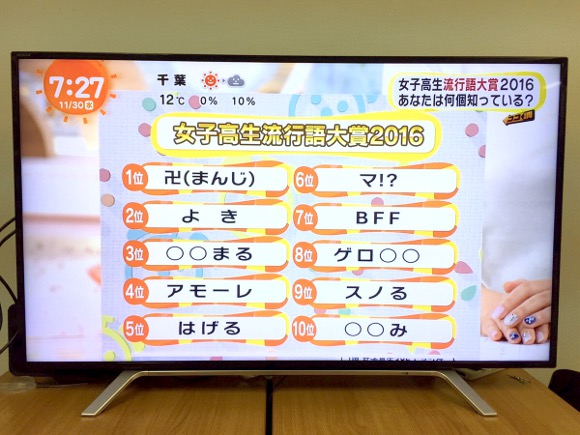


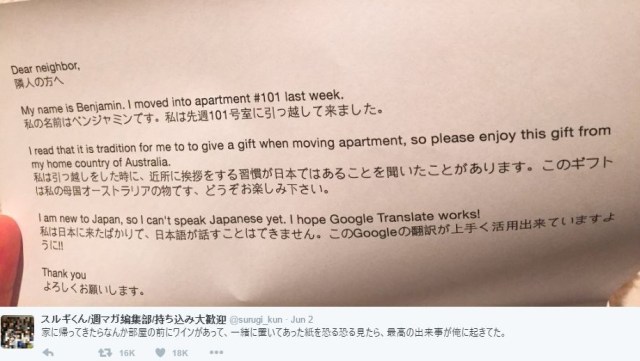



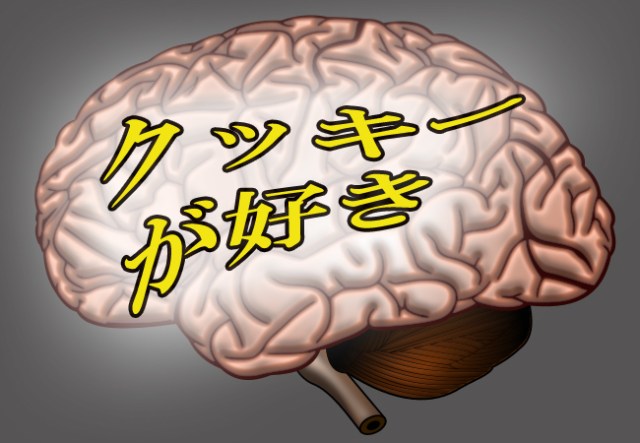


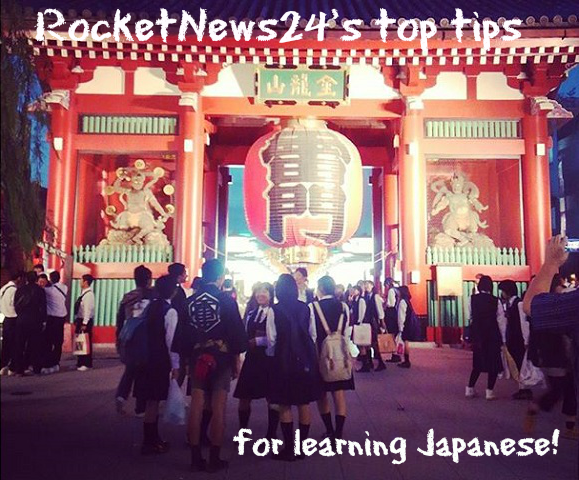


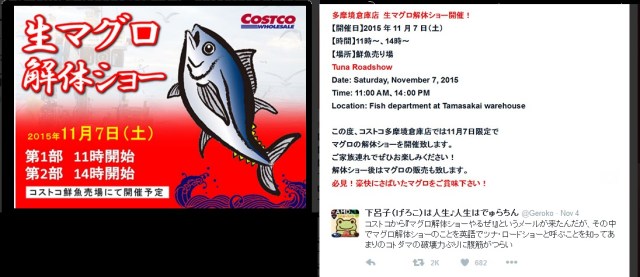
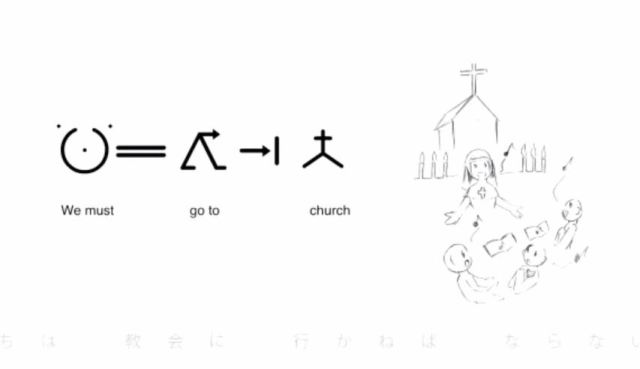

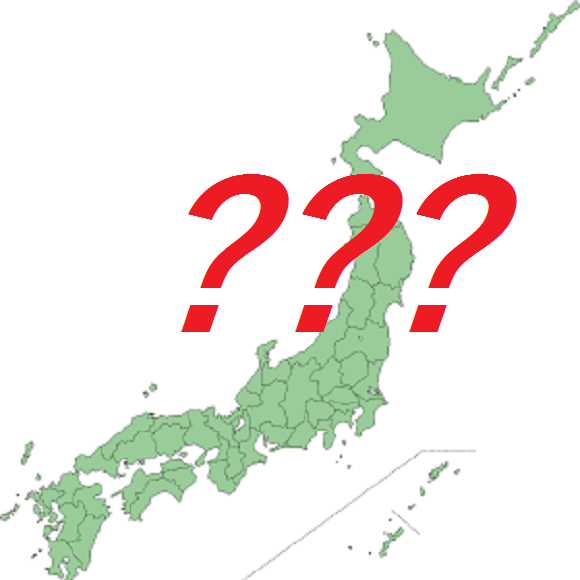

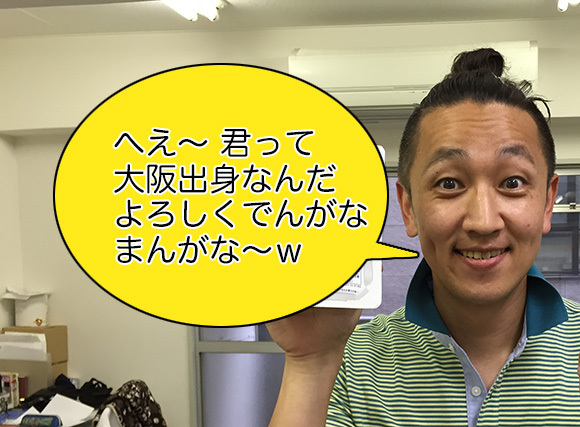

 Saitama is home to the best strawberries in Japan that you’ve probably never even heard of
Saitama is home to the best strawberries in Japan that you’ve probably never even heard of Ghibli’s Kiki’s Delivery Service returns to theaters with first-ever IMAX screenings and remaster
Ghibli’s Kiki’s Delivery Service returns to theaters with first-ever IMAX screenings and remaster Skyscraper sized Pokémon cards to appear in Tokyo all year long in Tocho projection mapping event
Skyscraper sized Pokémon cards to appear in Tokyo all year long in Tocho projection mapping event Japan has only one airport named after a samurai, so let’s check out Kochi Ryoma【Photos】
Japan has only one airport named after a samurai, so let’s check out Kochi Ryoma【Photos】 Family Mart’s Shibuya Cat Street shop hosts first-ever rescue cat photo exhibition for Cat Day
Family Mart’s Shibuya Cat Street shop hosts first-ever rescue cat photo exhibition for Cat Day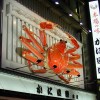 Osaka icon loses legs, restaurant says famous crab is exhausted
Osaka icon loses legs, restaurant says famous crab is exhausted These apartments are crazy-small even by Tokyo standards, and super-popular with young people
These apartments are crazy-small even by Tokyo standards, and super-popular with young people Octopus tentacle ear plugs coming to Japanese capsule toy machines
Octopus tentacle ear plugs coming to Japanese capsule toy machines Osaka establishes first designated smoking area in Dotonbori canal district to fight “overtourism”
Osaka establishes first designated smoking area in Dotonbori canal district to fight “overtourism” How to avoid queues at this Ichiran ramen restaurant in Japan
How to avoid queues at this Ichiran ramen restaurant in Japan The 10 most annoying things foreign tourists do on Japanese trains, according to locals
The 10 most annoying things foreign tourists do on Japanese trains, according to locals Starbucks Japan releases new sakura goods and drinkware for cherry blossom season 2026
Starbucks Japan releases new sakura goods and drinkware for cherry blossom season 2026 Naruto and Converse team up for new line of shinobi sneakers[Photos]
Naruto and Converse team up for new line of shinobi sneakers[Photos] Is Sapporio’s Snow Festival awesome enough to be worth visiting even if you hate the snow? [Pics]
Is Sapporio’s Snow Festival awesome enough to be worth visiting even if you hate the snow? [Pics] Japan has trams that say “sorry” while they ride around town…but why?
Japan has trams that say “sorry” while they ride around town…but why? Tokyo Skytree turns pink for the cherry blossom season
Tokyo Skytree turns pink for the cherry blossom season Sakura Totoro is here to get spring started early with adorable pouches and plushies
Sakura Totoro is here to get spring started early with adorable pouches and plushies Poop is in full bloom at the Unko Museums for cherry blossom season
Poop is in full bloom at the Unko Museums for cherry blossom season Shibuya Station’s Hachiko Gate and Yamanote Line stairway locations change next month
Shibuya Station’s Hachiko Gate and Yamanote Line stairway locations change next month Japan’s new “Cunte” contact lenses aren’t pronounced like you’re probably thinking they are
Japan’s new “Cunte” contact lenses aren’t pronounced like you’re probably thinking they are Japan’s newest Shinkansen has no seats…or passengers [Video]
Japan’s newest Shinkansen has no seats…or passengers [Video] Foreigners accounting for over 80 percent of off-course skiers needing rescue in Japan’s Hokkaido
Foreigners accounting for over 80 percent of off-course skiers needing rescue in Japan’s Hokkaido Super-salty pizza sends six kids to the hospital in Japan, linguistics blamed
Super-salty pizza sends six kids to the hospital in Japan, linguistics blamed Starbucks Japan unveils new sakura Frappuccino for cherry blossom season 2026
Starbucks Japan unveils new sakura Frappuccino for cherry blossom season 2026 Foreign tourists in Japan will get free Shinkansen tickets to promote regional tourism
Foreign tourists in Japan will get free Shinkansen tickets to promote regional tourism Take a trip to Japan’s Dododo Land, the most irritating place on Earth
Take a trip to Japan’s Dododo Land, the most irritating place on Earth Is China’s don’t-go-to-Japan warning affecting the lines at a popular Tokyo gyukatsu restaurant?
Is China’s don’t-go-to-Japan warning affecting the lines at a popular Tokyo gyukatsu restaurant? Survey asks foreign tourists what bothered them in Japan, more than half gave same answer
Survey asks foreign tourists what bothered them in Japan, more than half gave same answer Japan’s human washing machines will go on sale to general public, demos to be held in Tokyo
Japan’s human washing machines will go on sale to general public, demos to be held in Tokyo Starbucks Japan releases new drinkware and goods for Valentine’s Day
Starbucks Japan releases new drinkware and goods for Valentine’s Day We deeply regret going into this tunnel on our walk in the mountains of Japan
We deeply regret going into this tunnel on our walk in the mountains of Japan Studio Ghibli releases Kodama forest spirits from Princess Mononoke to light up your home
Studio Ghibli releases Kodama forest spirits from Princess Mononoke to light up your home Major Japanese hotel chain says reservations via overseas booking sites may not be valid
Major Japanese hotel chain says reservations via overseas booking sites may not be valid Put sesame oil in your coffee? Japanese maker says it’s the best way to start your day【Taste test】
Put sesame oil in your coffee? Japanese maker says it’s the best way to start your day【Taste test】 No more using real katana for tourism activities, Japan’s National Police Agency says
No more using real katana for tourism activities, Japan’s National Police Agency says Osaka icon loses legs, restaurant says famous crab is exhausted
Osaka icon loses legs, restaurant says famous crab is exhausted These apartments are crazy-small even by Tokyo standards, and super-popular with young people
These apartments are crazy-small even by Tokyo standards, and super-popular with young people Octopus tentacle ear plugs coming to Japanese capsule toy machines
Octopus tentacle ear plugs coming to Japanese capsule toy machines Osaka establishes first designated smoking area in Dotonbori canal district to fight “overtourism”
Osaka establishes first designated smoking area in Dotonbori canal district to fight “overtourism” How to avoid queues at this Ichiran ramen restaurant in Japan
How to avoid queues at this Ichiran ramen restaurant in Japan Pokémon Cafe serves up a green tea ceremony in Japan with Poltchageist and Sinistcha matcha menu
Pokémon Cafe serves up a green tea ceremony in Japan with Poltchageist and Sinistcha matcha menu Kirby Cafe x Captain Sweets Burger release “double strawberry burgers” exclusive to Tokyo Station
Kirby Cafe x Captain Sweets Burger release “double strawberry burgers” exclusive to Tokyo Station Take a trip to Japan’s Dododo Land, the most irritating place on Earth
Take a trip to Japan’s Dododo Land, the most irritating place on Earth How to escape the Tokyo crowds with a trip to a hidden gem on a special Japanese train
How to escape the Tokyo crowds with a trip to a hidden gem on a special Japanese train Step into Japanese culture with Converse’s new Japan-exclusive shoes featuring gods, sushi style
Step into Japanese culture with Converse’s new Japan-exclusive shoes featuring gods, sushi style Viral 3D ice creams land in Japan… but are they worth the hype?
Viral 3D ice creams land in Japan… but are they worth the hype? Four things to hate about looking for an apartment in Japan as a foreigner
Four things to hate about looking for an apartment in Japan as a foreigner Shibuya Station’s Hachiko Gate and Yamanote Line stairway locations change next month
Shibuya Station’s Hachiko Gate and Yamanote Line stairway locations change next month